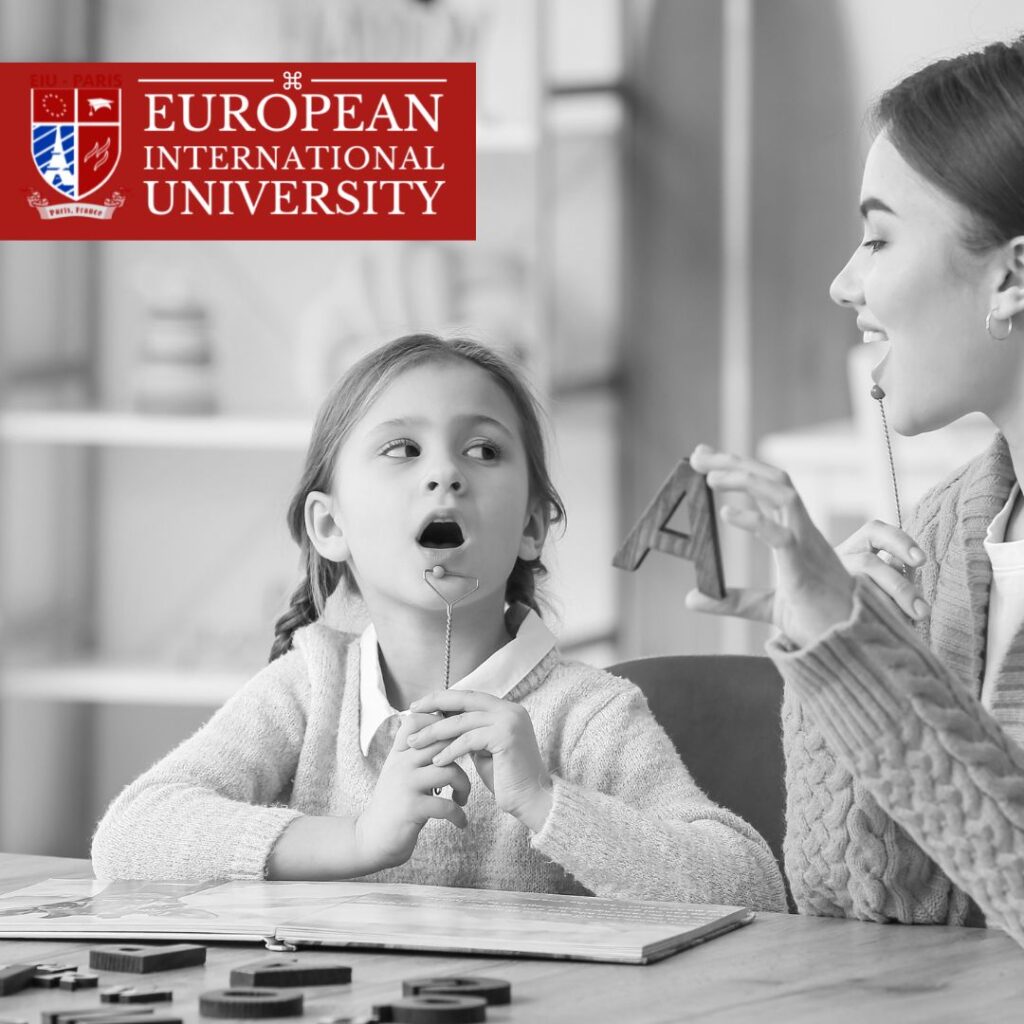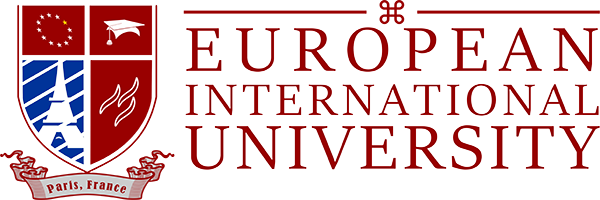As a special education counselor, I’ve had the privilege of conducting numerous educational assessments, each offering a unique window into the lives of the students I work with. These assessments are not just about gathering data; they are opportunities to truly understand the individuals behind the test scores.
It all begins with a simple conversation with the parents, where I introduce myself as the assessor and take the time to learn about the student’s background. This initial exchange sets the stage for the assessment process, providing me with valuable context that helps me tailor my approach to meet the needs of each student.
As I administer the assessments, I pay close attention to more than just the answers on the page. I observe how the students interact with the material, their body language, and their reactions to different tasks. These subtle cues often reveal far more about their strengths and weaknesses than any standardized test ever could.
But perhaps the most enlightening part of the assessment process comes during the consultation session with the parents. Here, I have the opportunity to delve deeper into the student’s home life, gaining insights into their family dynamics and how they may be impacting their academic performance. It’s fascinating to see how the student’s behavior at home often mirrors their behavior in the classroom, shedding light on the interconnectedness of their social and academic worlds.

One interesting observation I’ve made over the years is the difference in a student’s demeanor depending on the presence of their parents during the consultation. When only one parent is present, the student may feel more relaxed or more guarded, depending on their relationship with that parent. However, when both parents are present, it often leads to a richer and more nuanced discussion, with each parent offering their own perspective on their child’s strengths and challenges.
Reflecting on these experiences, I am reminded of the immense responsibility that comes with being a special education counselor. It’s not just about administering tests and writing reports; it’s about forming meaningful connections with students and their families, and using that understanding to guide them on their educational journey. And while the assessments themselves may only take a few hours, the insights gained from them have the power to shape the course of a student’s life for years to come.
Submitted by Dr. Julie Safri of EIU-Paris
EIU-Paris Special Education Department: https://eiu.ac/sped/



